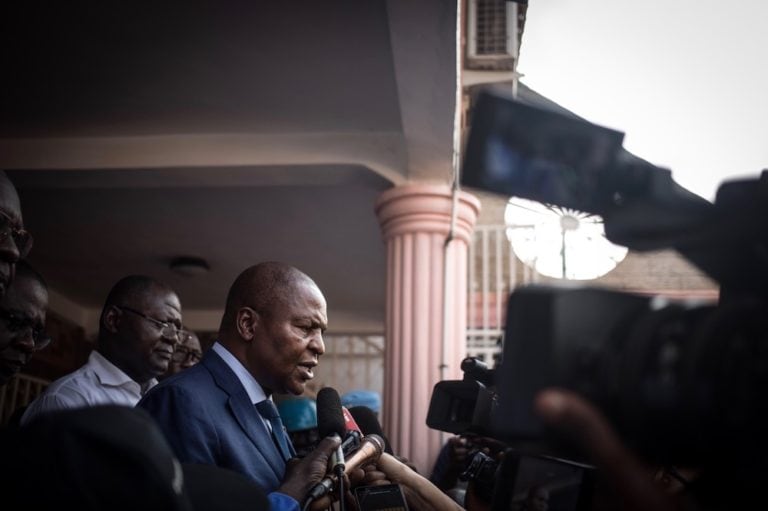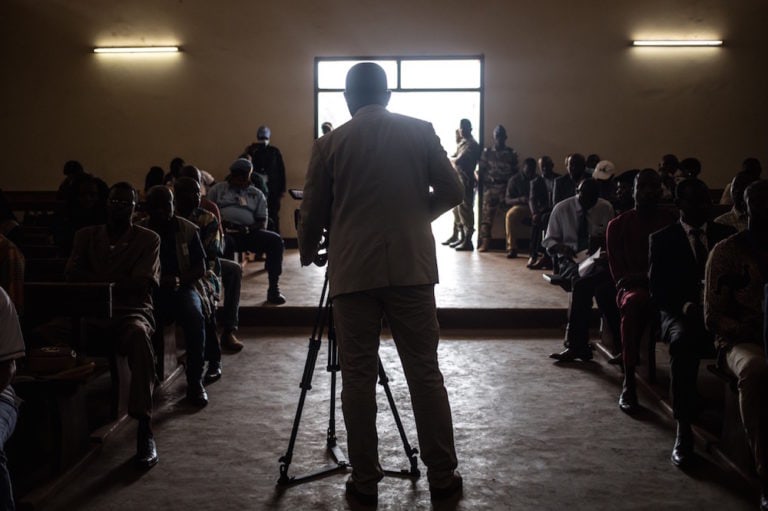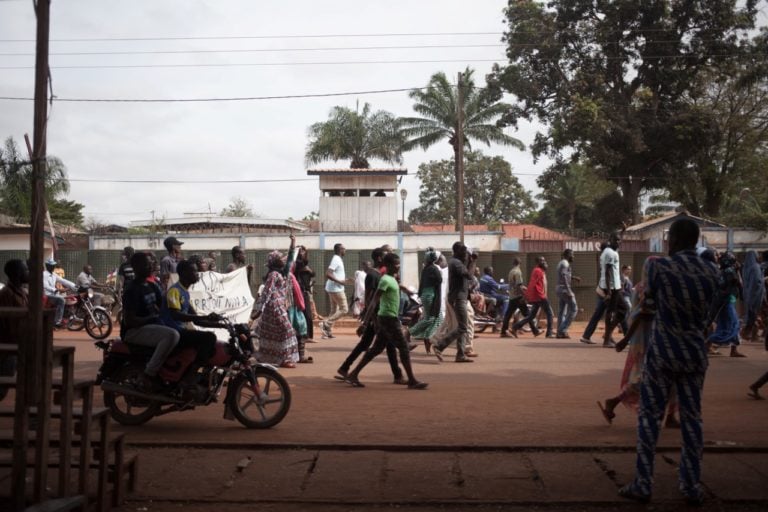Independent French photojournalist Camille Lepage was only 26 years old when she was killed while covering the violence in the Central African Republic. Passionate about human rights and the underreported consequences of international conflicts, Lepage’s work has appeared in prestigious publications including "The New York Times", "Le Monde" and "The Guardian".
In an interview with PetaPixel in October 2013, the late French photojournalist Camille Lepage reflected on why she chose to work in conflict zones such as South Sudan: “I can’t accept that people’s tragedies are silenced simply because no one can make money out of them”
Camille Lepage was an independent photojournalist who was passionate about human rights and the underreported consequences of international conflicts. In her short career, Lepage’s work appeared in such prestigious publications as The New York Times, Le Monde, BBC, Washington Post, Al Jazeera and The Guardian. Lepage also worked with numerous human rights organizations, including Médecins Sans Frontières and Amnesty International.
Born and raised in Angers, France, Lepage studied journalism at Southampton Solent University in the U.K. But it was only in the last few months of her degree that she decided to focus exclusively on photography. Lepage spoke to PetaPixel about what drew her to that medium in particular: “What fascinates me about photography is its universal language. Unlike other media, anyone can understand a picture, feel it, it speaks to the viewers.”
While undergoing her studies, Lepage closely followed the creation of South Sudan, and became particularly interested in the conflict in the Nuba mountains. Upon graduation, she decided to move there to document what she felt the mainstream media was failing to cover.
Her photographs of South Sudan, including a series called “Vanishing Youth,” reveal the human side of the conflict, and the lack of alternatives that exist for individuals and communities affected by such violence. Her images of Sudan’s South Kordofan region, illustrated by a series called “You will forget me” are “an attempt to illustrate the change in the Nuba way of life” since Khartoum began to enforce Sharia Law.
As a former professor of Lepage’s told BBC: “she was interested in people who were voiceless and powerless rather than the great and powerful.”
In 2014, Lepage moved to the Central African Republic, to document the sectarian conflict between Seleka rebels and anti-balaka militants. Her perspective on the conflict can be seen through a series called “On est ensemble”, which translates into “we are together.”
Lepage’s body was found in May 2014 in the Central African Republic, approximately a week after her last tweet said that she was travelling with anti-balaka militia to an area where 150 people had been killed in the two months prior.
According to IFEX member Reporters without Borders (RSF) an investigation opened in France immediately following Lepage’s death has made little progress thus far. However, in May 2016, RSF reported that French investigating judge Virginie Van-Geyete would soon be sending a group of special investigators to the Central African Republic to look into Lepage’s case, among others.
Lepage’s family has honoured their daughter by setting up an organisation dedicated to her memory, called Camille Lepage – On est ensemble. The goals of the organisation include giving an annual prize to photojournalists, promoting the protection of photographers and journalists working in conflict zones, and participating “in helping populations in conflict zones, in the sense of Camille’s values.”
The media and free expression community continue to commemorate Lepage’s death and call for justice. On 8 June 2016, Lepage’s parents led hundreds of delegates representing the International Federation of Journalists – an IFEX member – in a march through Angers, France, to commemorate journalists killed while performing their line of work, including Lepage. IFJ President Jim Boumelha, said: “The death of a journalist such as Camille is utterly painful. It is an injustice. The killing of journalists doesn’t only affect journalists, media and unions. It is a concern for society as a whole.”



